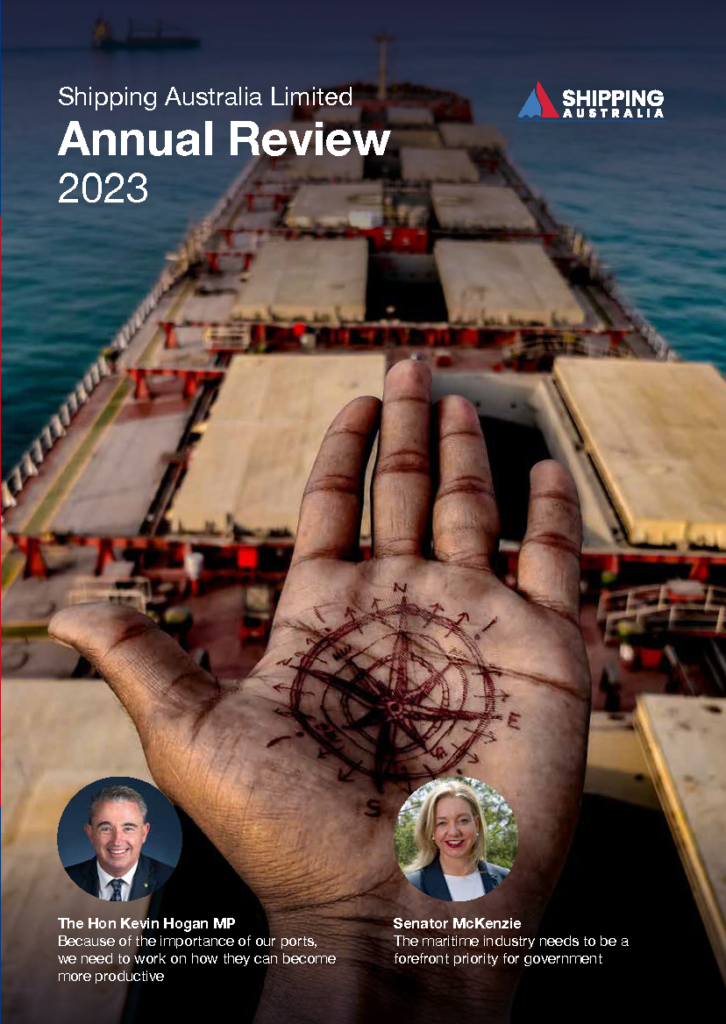
In the recent “Vulnerable Supply Chains” report (something of a misnomer as the key finding was that supply chains are not, in fact, vulnerable), the Productivity Commission has pointed out the extreme costs of a “national fleet”.
Although most of the inquiry looked into the vulnerability (or, rather, the lack thereof) of goods in our supply chains, the Productivity Commission also turned its attention to whether or not there were vulnerabilities in the supply of maritime services and port services.
Little space for governments to manage private market risks
Assuming a theoretical vulnerability, the Productivity Commission then asked who is best placed to manage risks.
“Firms directly responsible for providing maritime shipping and ports services would primarily be responsible for managing risks in these supply chains,” it asserted.
It then went on, generally, to point out that governments need to identify whether markets have identified and priced risks and whether there is appropriate risk management incentives. It also warned: “government interventions can impede the ability of markets to manage risks” and that greater security “comes at a cost, and governments need to weigh up how much society is willing to pay for additional levels of domestic capacity (and whether these would in fact be effective)”.
Hypothetical policy levers
The Productivity Commission then, hypothetically, went on to consider the policy levers governments that could, in theory, be used in the shipping and port services supply chain. The Commission looked at a variety of issues. One of these considerations looked at proposals for the so-called national fleet. Commentators have argued that a national fleet is allegedly necessary on ill-defined “strategic grounds”.
The Commission noted that there is a theoretical policy option to support investment in the domestic maritime shipping fleet and to build capacity in certain routes, and to protect against nations restricting access to vessels.
However, this argument was given a brutal examination and execution by the Productivity Commission.
Costly. Distortionary. Unlikely to work.
It pointed out that there are costs of building high redundancy and that there is potential for rent-seeking (the attempt to capture wealth without first creating value).
Other costs include reducing incentives for firms to invest in effective risk management; that such a policy would be unlikely to protect from all forms of risk and that it would be unlikely to lead to self-sufficiency across all forms of shipping / container needs.
The Commission also concluded that the risk of other nations restricting access appears to be highly remote.
Noting the arguments put forward for government intervention in the ports and shipping markets, the Productivity Commission concluded: “while these policies would directly increase long-term redundancy in maritime shipping and ports capacity, they are also likely to be significantly costlier than other policy levels. As such, they are also likely to be the most distortionary… for example, a domestic national fleet could discourage carriers from entering the market and would likely encourage rent-seeking behaviour (such as pressure to provide ongoing financial support or protection from competition)”.
Flawed policy concept – It’s time to alter course
The concept of support for a national fleet has been aired. The debate has been had. The terrible costs of the policy concept have been explained by the Productivity Commission.
The policy concept is flawed. It’s time to alter course.
Editor’s note: you can read the Productivity Commission’s discussion of the national fleet concept for yourself in pages 205 to 209, and especially at 208 & 209.
[fl_builder_insert_layout id=”15046″]


